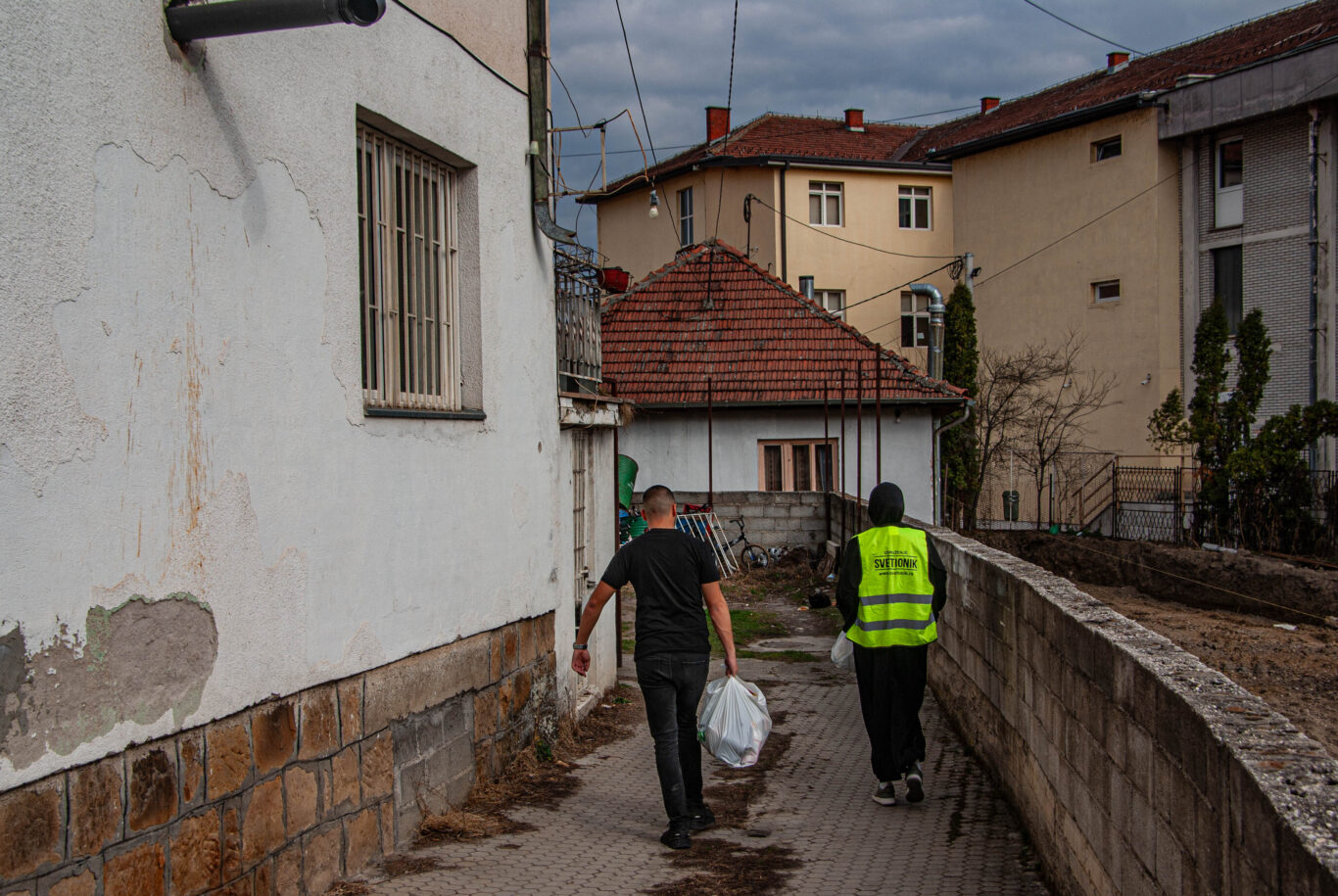
Hartmann, I., & Carey, M. (2024). “As through a glass darkly: Rethinking sincerity through the lens of ikhlāṣ.” HAU: Journal of Ethnographic Theory, 14(3), 719–732.
Ticktin, M. (2024). “Care as political revolution?” Focaal—Journal of Global and Historical Anthropology, 98, 64–70.
30/04/2025 1:00-2:15pm CET
The second meeting of this semester, themed “Reimagining Transparency and Humanitarianism, the Politics of Sincerity and Care”, will be guided by the discussion of two papers published recently, in 2024, in HAU and Focaal, treating issues of the politics and ethics of sincerity and care. The first article by Ida Hartmann and Matthew Carey contrasts Euro-American notions of sincerity, which emphasise transparent alignment of inner self and outer acts, with the Islamic concept of ikhlās, centred on purity of intention in serving God. Through ethnographic research within Turkey’s Hizmet community, the authors illustrate how ikhlās shapes ethical practices, prioritising divine intent over transparency. The text will be debated and contextualised with Quiet Aid’s interests, debating how sincerity might guide altruistic and ethical acts in the service of God, and how this contrasts with organisational transparency that is often demanded of humanitarian aid. By provincialising Eurocentric sincerity, the text might encourage anthropologists to explore diverse ethical motivations behind Muslim humanitarian efforts. The second text we will discuss is Miriam Ticktin’s article, which explores how alternative forms of care might: challenge traditional hierarchies by blurring distinctions between givers and receivers; mix different politico-economical aid traditions; and extend care beyond crisis. However, Ticktin notes that certain hierarchies remain a persistent structuring force in humanitarianism, often reproducing racial global inequalities. She questions how we reevaluate the nature of care, including its political potential, one that is “emerging as a transnational practice, offering a challenge to humanitarianism on the same scale, working to challenge the causes of inequality, not simply its effects”.
